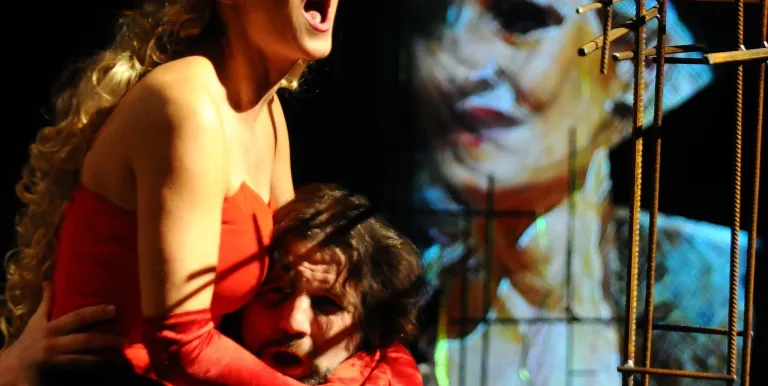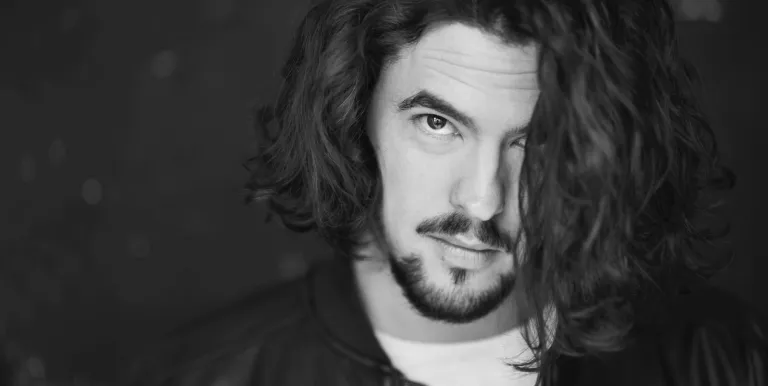Korngold
The dead city - opera in three acts, sung in german
Opera in three acts, sung in german. Erich Wolfgang Korngold was born in 1897, in Brünn. Considered a child prodigy, he grew up in Vienna, and his first ballet was presented in the city’s Hofoper in 1910. In 1916 in Munich, world-famous conductor Bruno Walter conducted his first two operas, The Ring of Polykrates and Violanta. In 1920, the year when The Dead City had its premiere, Giacomo Puccini called the 23-year-old Korngold “the greatest promise of German music.” Sadly topical after World War I, The Dead City was a great success, presented in both Hamburg and Cologne in 1920, and a year later it was already on the programme of the New York Metropolitan Opera. Musical historians consider the piece the chef d’oeuvre of Korngold, who later earned immense repute as a composer of film music. The premiere in Debrecen is part of the “Korngold renaissance” that began with his rediscovery in Salzburg in 2004. Interestingly, the orchestra is seated on the stage, and the singers are “doubled” by silent actors. Conductor Balázs Kocsár thinks “The Dead City is like a late Puccini opera orchestrated by Richard Strauss.” Putting the orchestra on the stage “makes protagonists not only of the music, but of the musicians as well.” Presented by the Budapest Spring Festival
Presented by:
-
We wish to inform you that in the event that Müpa Budapest's underground garage and outdoor car park are operating at full capacity, it is advisable to plan for increased waiting times when you arrive. In order to avoid this, we recommend that you depart for our events in time, so that you you can find the ideal parking spot quickly and smoothly and arrive for our performance in comfort. The Müpa Budapest underground garage gates will be operated by an automatic number plate recognition system. Parking is free of charge for visitors with tickets to any of our paid performances on that given day. The detailed parking policy of Müpa Budapest is available here.










